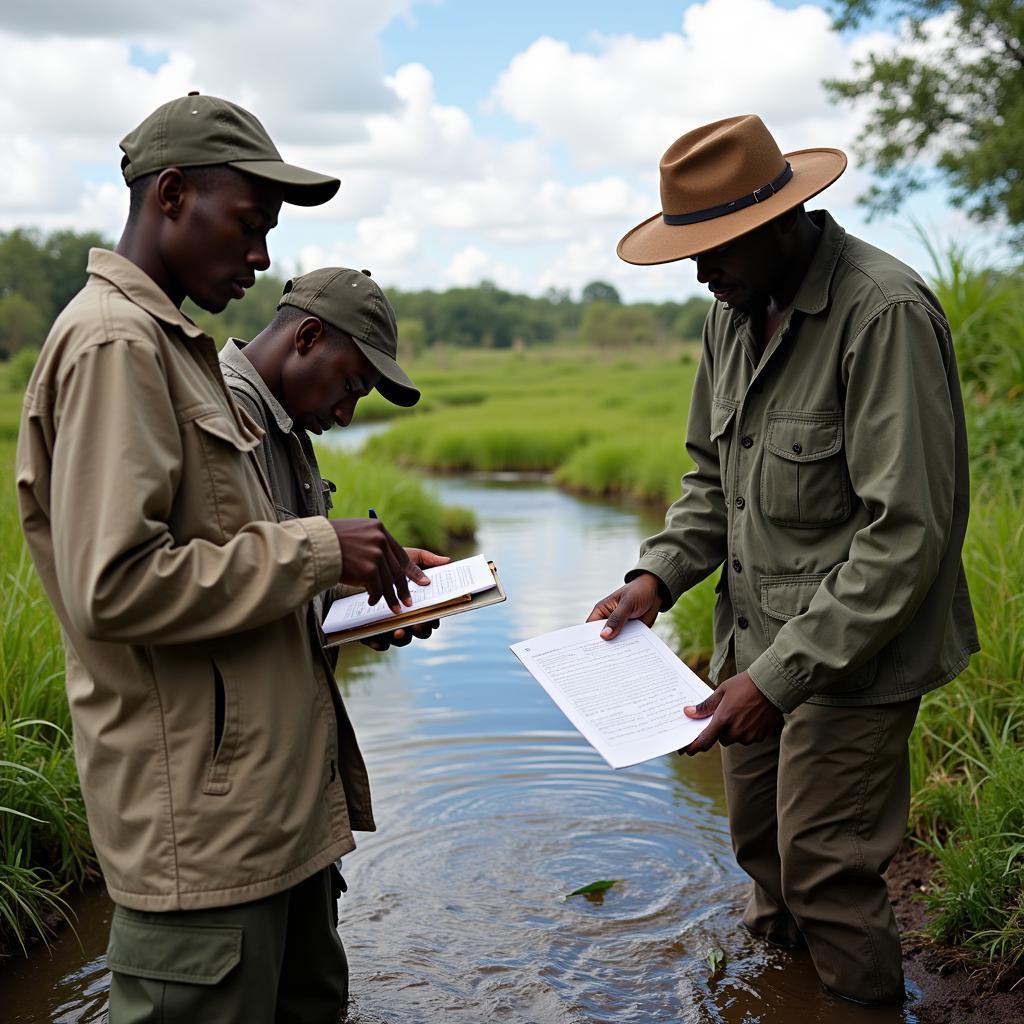Unraveling the African Crisis: A Critical Look at Jan Lamprecht’s Perspective
The term “African crisis” often evokes images of poverty, famine, and conflict. Jan Lamprecht, a controversial figure, offers a unique, albeit often debated, perspective on the multifaceted challenges facing the continent. This article delves into Lamprecht’s theories, exploring the complexities of the “African crisis” and examining the validity of his arguments.
Understanding Jan Lamprecht’s Stance on the African Crisis
Jan Lamprecht, a South African author and commentator, posits that the “African crisis” is rooted in factors beyond the commonly cited issues of colonialism, neocolonialism, and corruption. He argues that inherent cultural and societal issues within Africa contribute significantly to the continent’s struggles. This perspective, often considered controversial, has sparked debate and criticism from various quarters.
Exploring the Core Arguments of Lamprecht’s Theory
Lamprecht’s central argument revolves around the concept of a “tribal mindset” that, in his view, hinders development and progress in Africa. He suggests that this mindset, characterized by loyalty to one’s tribe above all else, fosters corruption, nepotism, and a lack of accountability. He further contends that traditional African values and customs are incompatible with modern governance and economic development.
Critiques of Lamprecht’s Perspective on the African Crisis
While Lamprecht’s views have gained some traction, they have also faced considerable criticism. Many scholars and activists argue that his theories oversimplify the complex realities of Africa and fail to account for the lasting impact of historical injustices, such as colonialism and the transatlantic slave trade. They criticize his focus on internal factors as a form of victim-blaming, neglecting the role of external forces in shaping Africa’s current challenges.
Addressing the Oversimplification of Complex Realities
Critics point out that Lamprecht’s generalization of a “tribal mindset” overlooks the vast diversity of cultures and traditions across the African continent. They argue that his framework ignores the positive aspects of traditional African societies, such as communal values and strong social bonds.
 The lingering effects of colonialism on modern-day Africa
The lingering effects of colonialism on modern-day Africa
A Balanced Perspective on the African Crisis: Beyond Lamprecht
Understanding the “African crisis” requires a nuanced approach that considers both internal and external factors. While Lamprecht’s focus on internal cultural dynamics offers a different perspective, it is crucial to acknowledge the historical and ongoing impact of global power structures and economic inequalities.
Acknowledging Historical Injustices and Global Power Dynamics
A comprehensive understanding of the “African crisis” must acknowledge the devastating legacy of colonialism, the exploitation of resources, and the imposition of unfavorable trade agreements. These historical injustices continue to shape the political and economic landscape of the continent.
Conclusion: Moving Beyond Simplifications in Understanding the African Crisis
Jan Lamprecht’s theories, while thought-provoking, offer an incomplete picture of the “African crisis.” A more holistic approach requires acknowledging the complex interplay of historical injustices, internal dynamics, and global power structures. Moving forward, fostering genuine dialogue and understanding is essential to addressing the multifaceted challenges facing the continent and empowering African nations to chart their own course towards sustainable development.
FAQ
- What is Jan Lamprecht’s main argument regarding the “African crisis”?
- What are the main criticisms of Lamprecht’s perspective?
- How does colonialism contribute to the “African crisis”?
- What are some alternative perspectives on the challenges facing Africa?
- How can we move towards a more nuanced understanding of the “African crisis”?
- What are some of the positive aspects of traditional African societies often overlooked in discussions about the “African crisis”?
- How can a balanced perspective help in finding solutions to the challenges facing Africa?
For further assistance, please contact us at Phone Number: +255768904061, Email: [email protected] Or visit us at: Mbarali DC Mawindi, Kangaga, Tanzania. We have a 24/7 customer service team.




